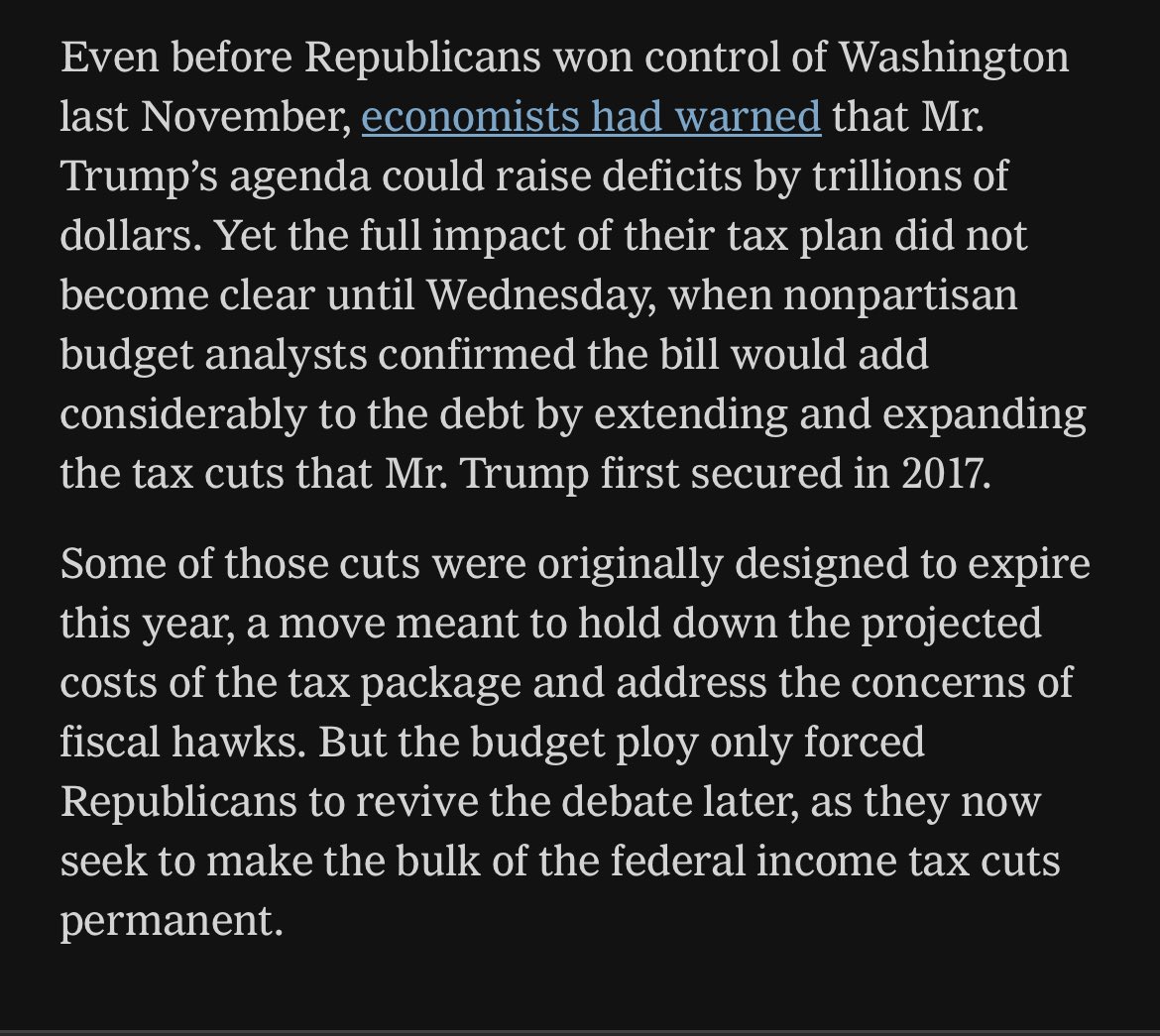
Andrew Lautz
@andrew_lautz
Working on all things tax @BPC_Bipartisan. CT for 18 years, D.C. for 13. @BrittanyEHarvey's husband. "Casual tax enthusiast" - @Emilia_Totzeva. Views my own.
ID: 994231675
07-12-2012 02:32:42
4,4K Tweet
1,1K Takipçi
761 Takip Edilen

Andrew Lautz Looks like they added in the exemption inflation adjustment as we originally interpreted it for the AMT.





“By trying to sort-of game the referee on these questions, members of Congress are going to miss the fundamental issue of whether this bill is an appropriate response, given where we are with the deficit and debt,” said Jonathan Burks of Bipartisan Policy Center. nytimes.com/2025/06/04/us/…










New from Rachel Snyderman and I: Pay-fors and economic growth are often set up in conflict w/each other. We argue paying for tax cuts is *essential* to unlocking econ growth by: 📉 lowering interest rates 📈 increasing private investment + productivity bipartisanpolicy.org/blog/3-reasons…













